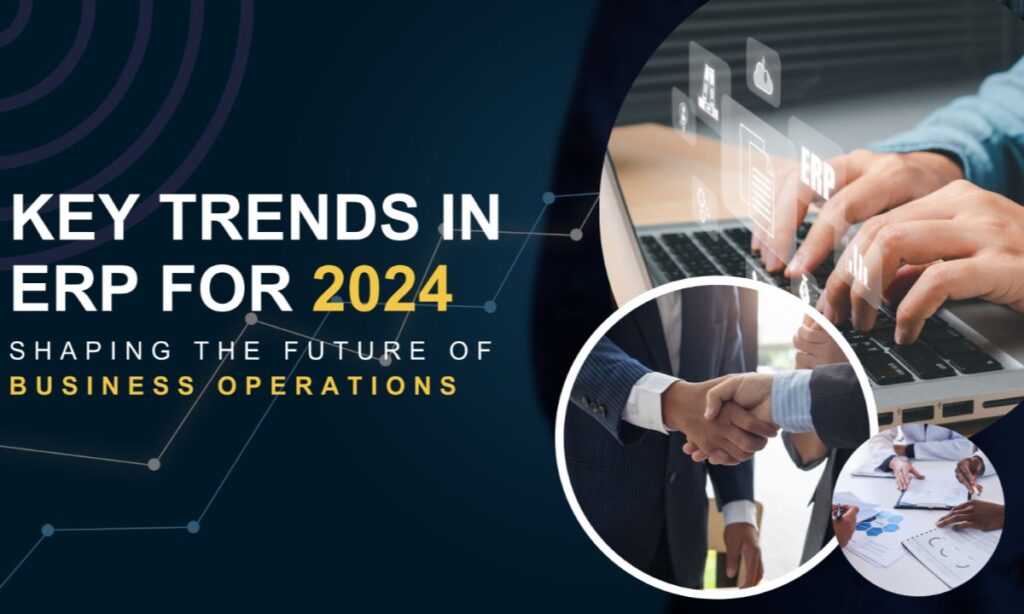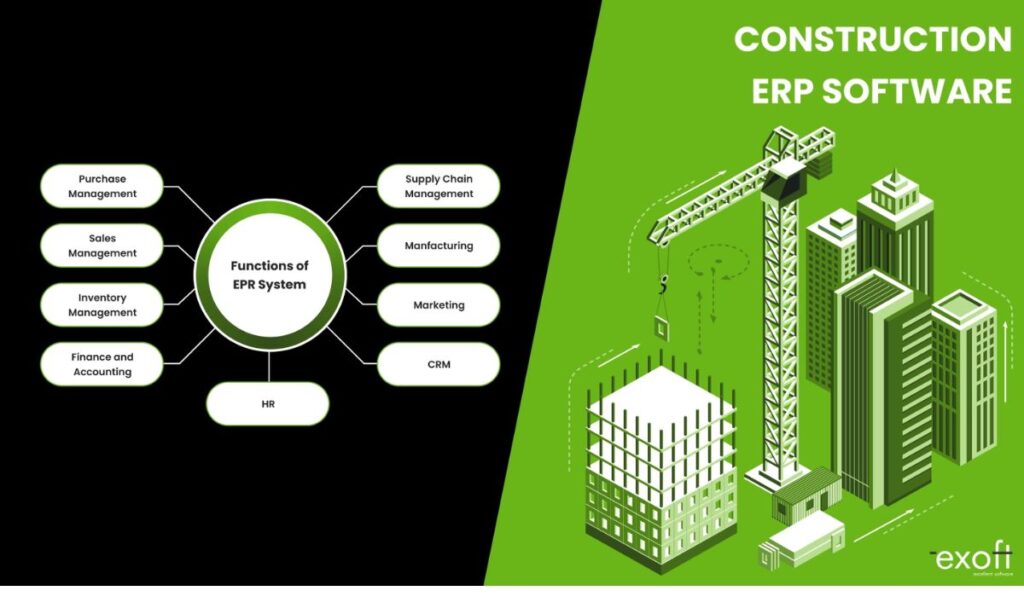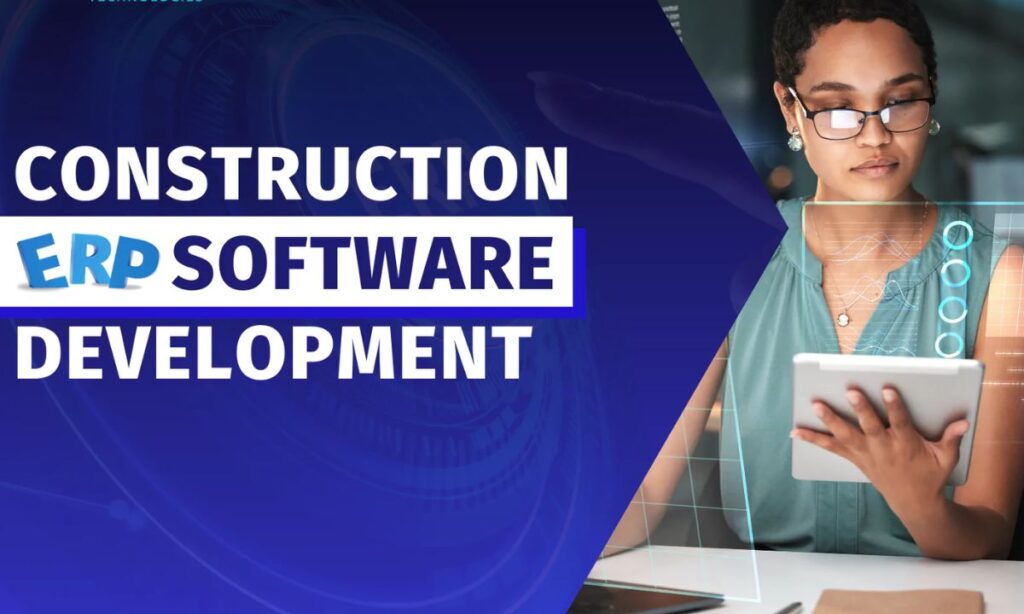The construction industry is rapidly changing. Construction ERP software is becoming a vital part of this transformation. As 2024 progresses, companies must stay updated on the latest trends and innovations. This article explores key developments in construction ERP solutions.
Key Trends Shaping Construction ERP Solutions

The construction industry is embracing digital solutions rapidly. Key trends include cloud-based platforms that enhance accessibility and collaboration. Mobile-first development allows teams to manage projects on-site, improving efficiency and communication.
Cloud-Based Integration
Cloud-based ERP solutions are gaining popularity. They allow users to access data from anywhere. This flexibility is crucial for teams that work on various job sites. Cloud integration supports better collaboration. It also improves project management by providing real-time updates.
Mobile-First Development
Today’s construction professionals rely heavily on their mobile devices. Mobile construction ERP apps are now standard in the industry. These apps make it easy to track projects and report issues on-site. They enhance communication and allow for quick decision-making. This mobile approach leads to increased productivity.
AI and Machine Learning Integration
AI and machine learning are changing the landscape of construction ERP software. These technologies help predict project delays and optimize resource allocation. By automating routine tasks, AI improves efficiency. This integration is essential for modern construction management software.
Advanced Features Revolutionizing Construction Management

Modern construction ERP software offers advanced features that streamline project management. Real-time project tracking allows for instant updates on progress and budgets. Enhanced financial management tools help companies control costs and optimize resources effectively.
Real-Time Project Tracking
Real-time project tracking is crucial in construction. Modern ERP systems provide live updates on project progress. Teams can monitor tasks, budgets, and resources instantly. This capability helps keep projects on schedule and within budget.
Enhanced Financial Management
Financial management tools are vital for construction companies. Current ERP solutions offer features like automated invoicing and multi-currency support. These tools help manage costs effectively. They ensure that projects remain financially viable.
Supply Chain Optimization
Supply chain optimization in construction is key to improving efficiency. ERP systems now include features for automating inventory management and tracking materials. This optimization reduces waste and enhances productivity.
Safety and Compliance Management
Safety is a top priority in construction. Modern ERP software includes construction safety compliance software. These tools help manage safety protocols and ensure regulatory compliance. They improve workplace safety and reduce risks.
Improved Safety Protocols
Enhanced safety features are essential for protecting workers. ERP systems now offer digital checklists and incident reporting. This innovation helps teams maintain high safety standards on-site.
Regulatory Compliance
Keeping up with regulations can be challenging. ERP solutions simplify compliance management. They automate permit tracking and documentation, ensuring that companies meet legal requirements.
Read This Blog: Hearthstats Net News: Your Ultimate Source for Gaming Updates
Integration Capabilities

Integration capabilities are essential for maximizing the benefits of construction ERP systems. Seamless integration with third-party applications ensures smooth data flow across platforms. This connectivity enhances collaboration and improves overall project efficiency.
Seamless Third-Party Integration
ERP for construction companies can easily integrate with other essential tools. This includes project management software and accounting systems. Seamless integration ensures smooth workflows and better data sharing.
IoT Integration
The Internet of Things (IoT) is becoming crucial in construction management. ERP systems can now track equipment and environmental conditions. IoT integration enhances decision-making and boosts efficiency on job sites.
Data Analytics and Reporting
Data analytics is a powerful feature of modern ERP systems. Advanced analytics capabilities provide insights into project performance. Teams can visualize data and generate custom reports, aiding in decision-making.
Advanced Analytics Capabilities
Predictive analytics in construction helps foresee potential issues. This feature allows teams to adjust plans proactively. By leveraging data, companies can improve project outcomes.
Business Intelligence Integration
Integrating business intelligence tools enhances data-driven decision-making. Companies can analyze market trends and benchmark performance. This integration leads to better strategic planning.
Also Read This Blog: Lync Conf: A Complete Guide to Seamless Communication
Future Outlook and Innovations

The future of construction ERP software looks promising with emerging technologies. Innovations such as AI and machine learning will further enhance decision-making and predictive analytics. Moreover, a focus on sustainability will drive the development of green building features in ERP systems.
Emerging Technologies
Innovations like virtual reality and blockchain are entering the construction space. These technologies can enhance collaboration and improve project management. They offer new ways to visualize and manage construction processes.
Sustainability Focus
There is a growing emphasis on sustainability in construction. Modern ERP systems are incorporating green building features. This includes tracking energy usage and promoting eco-friendly materials. Sustainability is becoming a standard in construction practices.
Frequently Asked Questions
What is construction ERP software?
Construction ERP software integrates various project management functions, helping companies streamline operations and improve efficiency.
How does cloud-based ERP benefit construction companies?
Cloud-based ERP solutions provide accessibility and flexibility, allowing teams to access information anytime, anywhere.
What are the key features of modern construction ERP systems?
Key features include real-time project tracking, financial management tools, safety compliance management, and integration capabilities.
How does AI enhance construction ERP software?
AI helps predict project delays, optimize resources, and automate routine tasks, improving overall efficiency.
Why is safety compliance important in construction ERP?
Safety compliance ensures that companies meet legal regulations, protecting workers and reducing risks on job sites.
Conclusion
The construction industry is embracing technology at an unprecedented rate. Construction ERP software is leading this change by offering innovative features and integration capabilities. As we look to the future, the focus on cloud solutions, mobile access, AI, and sustainability will continue to shape the industry.
By adopting these tools, construction companies can improve efficiency, enhance safety, and achieve better project outcomes. Embracing these advancements is essential for staying competitive in the evolving construction landscape.
Tech innovator and digital explorer Ellia leads TechSloby, bringing cutting-edge insights to fellow enthusiasts. With a passion for demystifying complex tech concepts, she bridges the gap between innovation and understanding.



